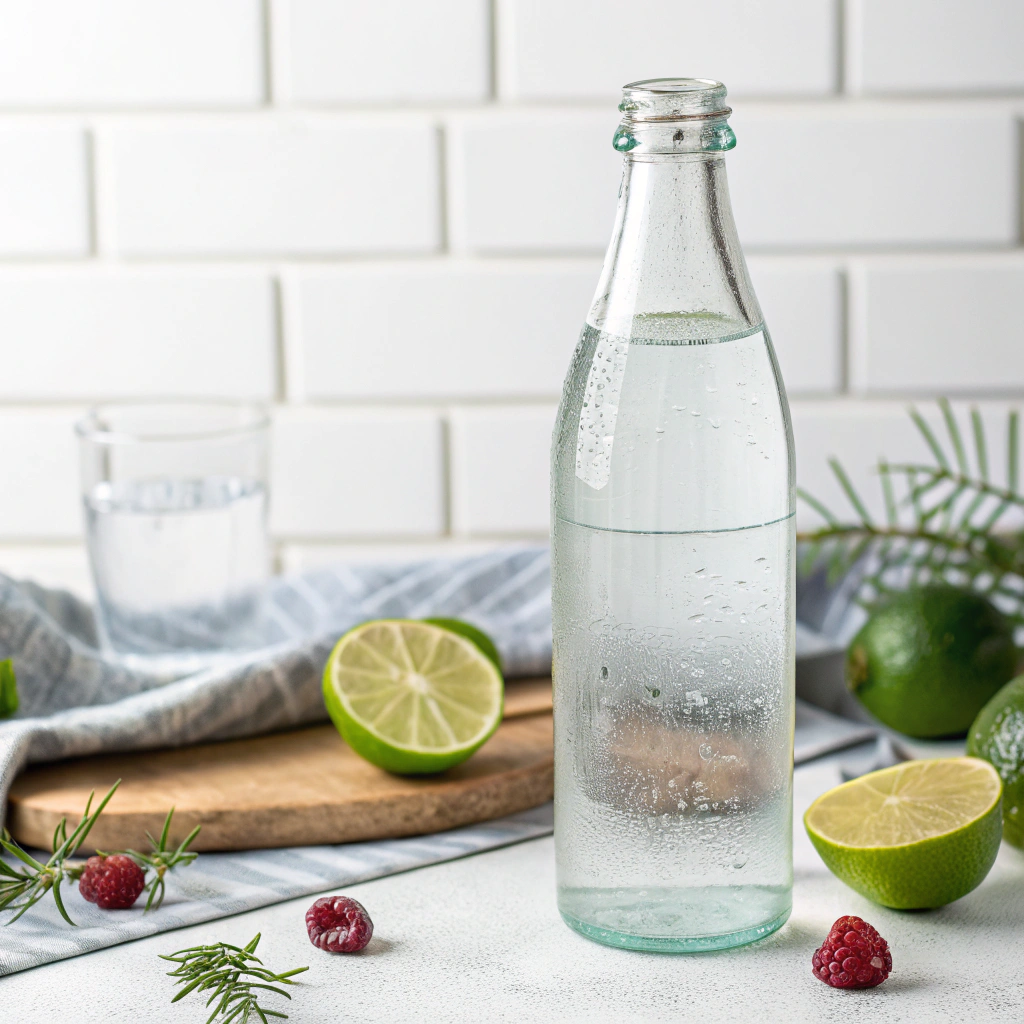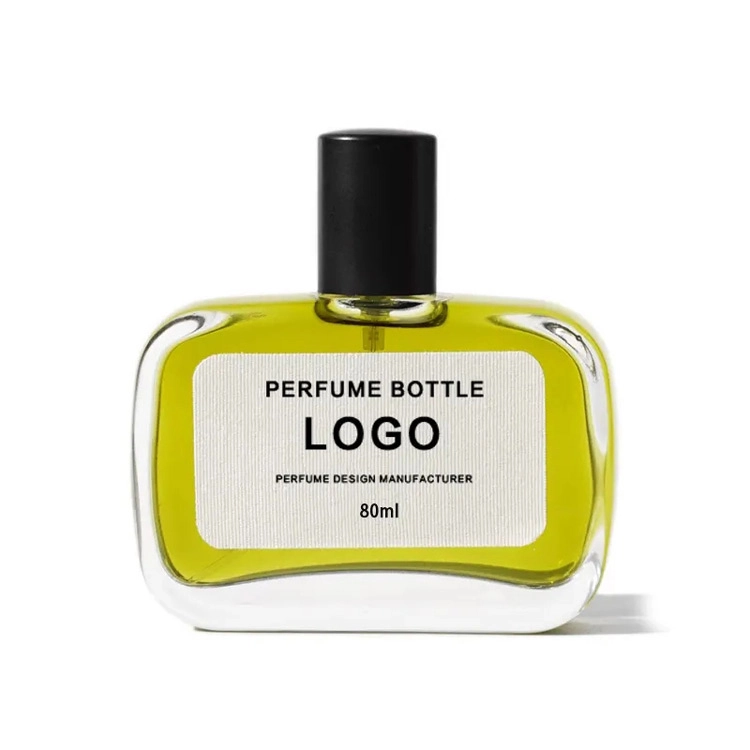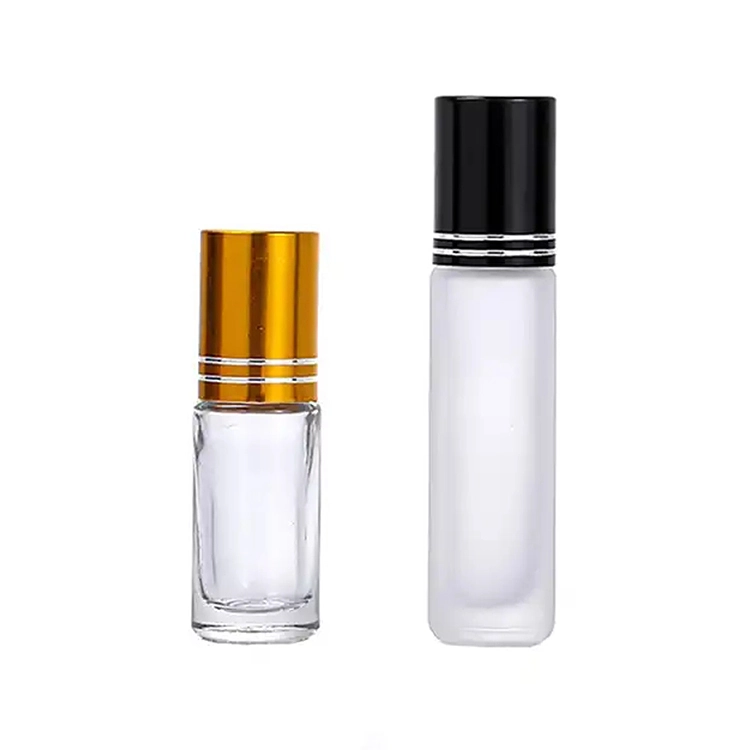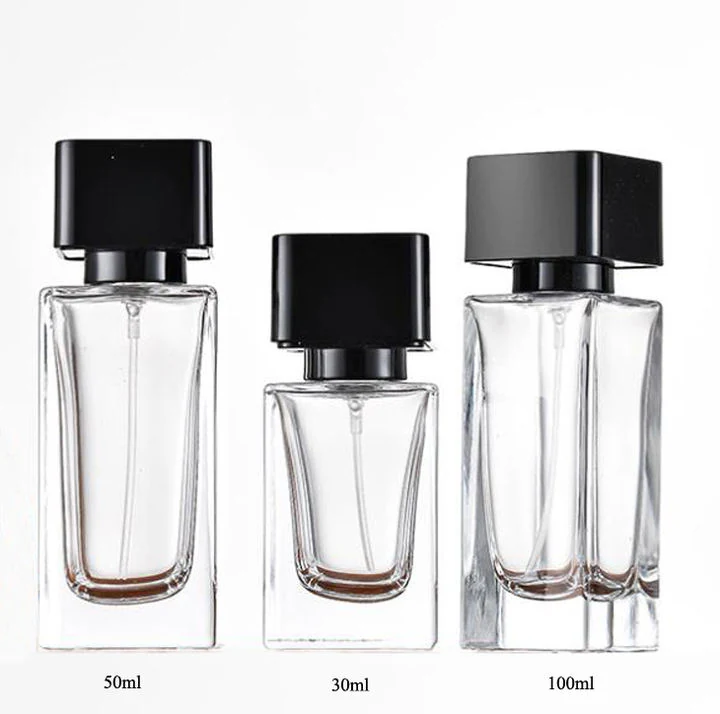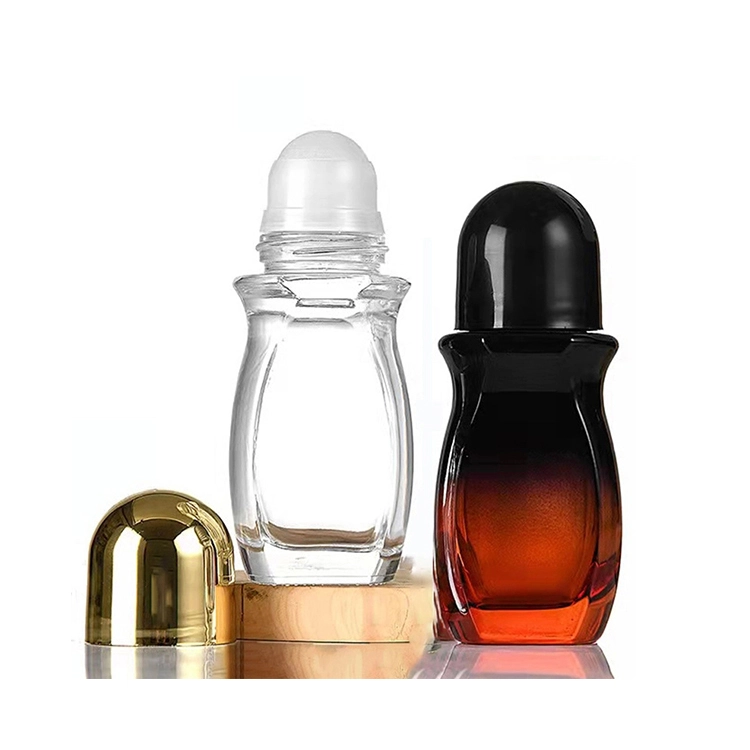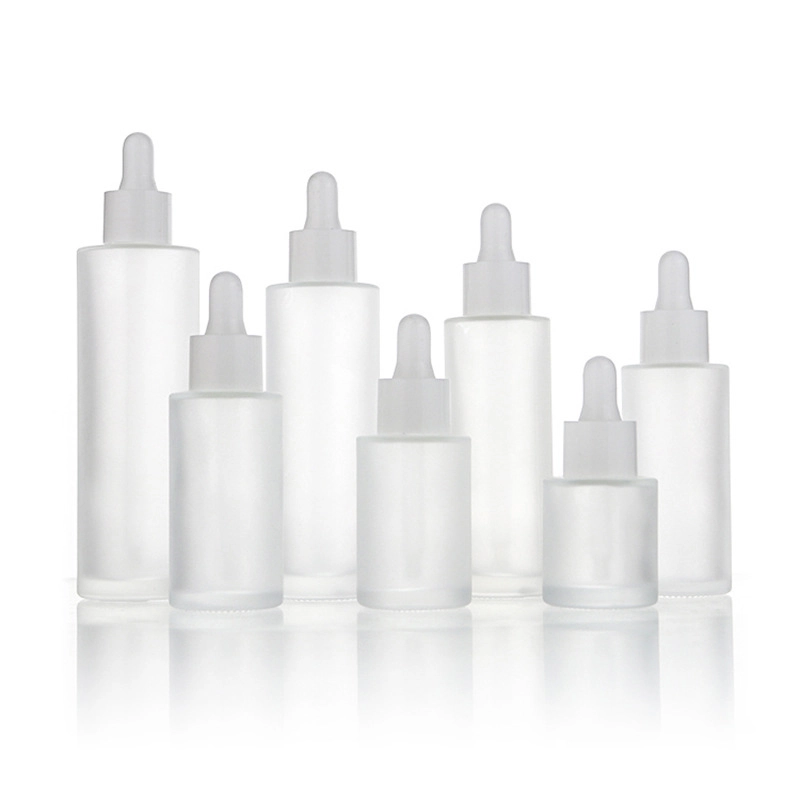
Part 1: Market Size and Growth
The glass bottle industry in Yemen is shaped by unique economic and social conditions. Demand is driven mainly by beverages, pharmaceuticals, and traditional cosmetic uses. Despite infrastructure challenges, local glass bottle production continues to meet important domestic needs.
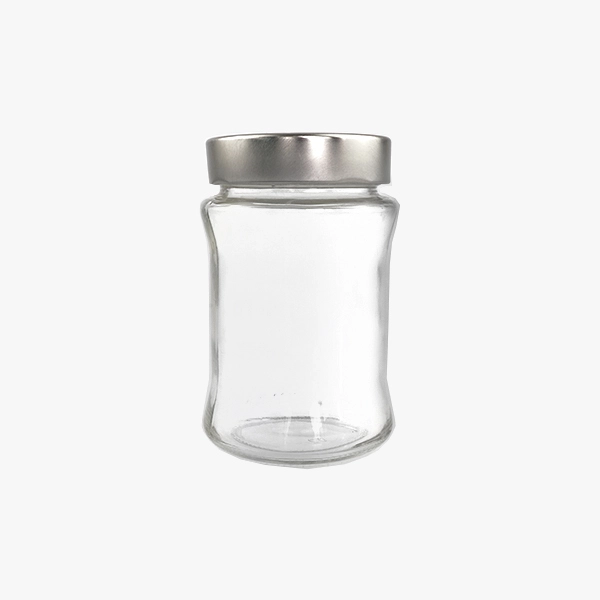
The market size remains modest compared to larger regional players. However, demand is stable because beverages, honey packaging, and perfumery are deeply connected to local culture. Small businesses and local cooperatives also contribute to market resilience.
Government regulations, limited investment, and reliance on imported machinery influence the sector’s growth. Industrial clusters are small, but local companies often adapt through recycling initiatives and partnerships with nearby countries. Regional trade ties help balance internal supply chain difficulties.
Part 2: Leading Companies
Yemen Glass Factory
Yemen Glass Factory is one of the oldest producers of glass bottles in the country. Established decades ago, it remains a cornerstone in the packaging sector.
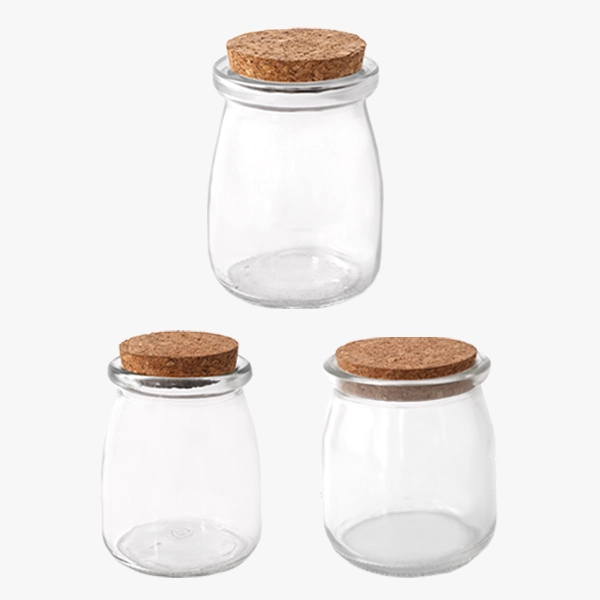
Its main products are bottles for beverages, honey, and food storage. The company works closely with food producers and distributors. It focuses on cost-effective solutions and local sourcing of raw materials. Certifications for product safety and quality have strengthened its reputation.
Al-Nasr Packaging
Al-Nasr Packaging has grown into a reliable supplier of glass containers and packaging solutions. It was founded with the goal of serving Yemen’s fast-growing beverage industry.
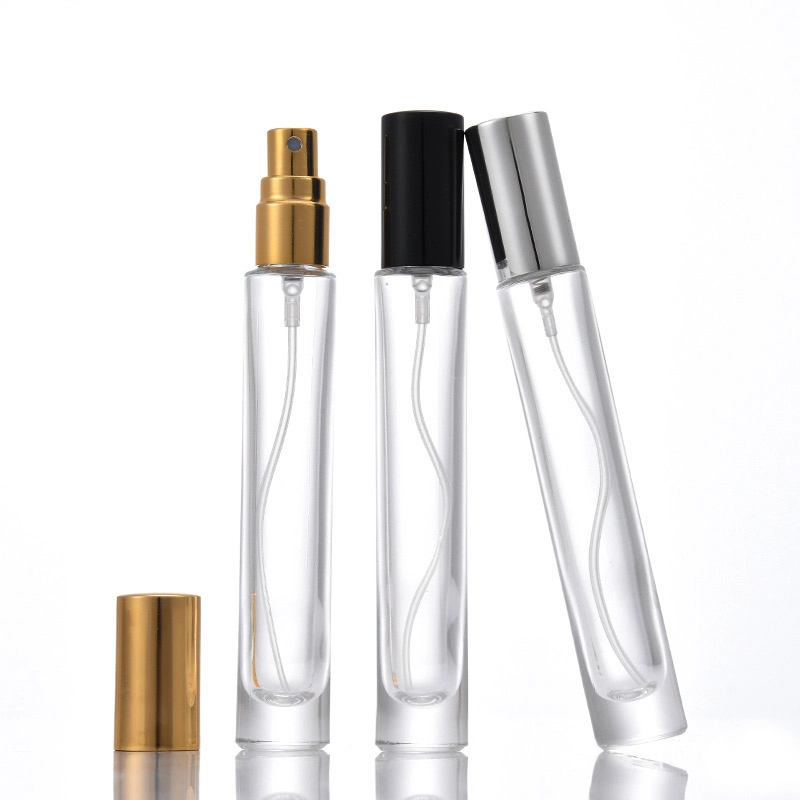
The company produces glass bottles for carbonated drinks, juices, and mineral water. Its services extend to the pharmaceutical and cosmetic industries. Innovation in bottle shapes and decorative finishes is a major strength. Recognized for quality management, Al-Nasr supports both local markets and small export deals.
Sana’a Glass and Containers
Sana’a Glass and Containers is a more recent entrant, focusing on smaller batch production. Established to meet niche markets, it provides perfume bottles, essential oil containers, and specialty food jars.
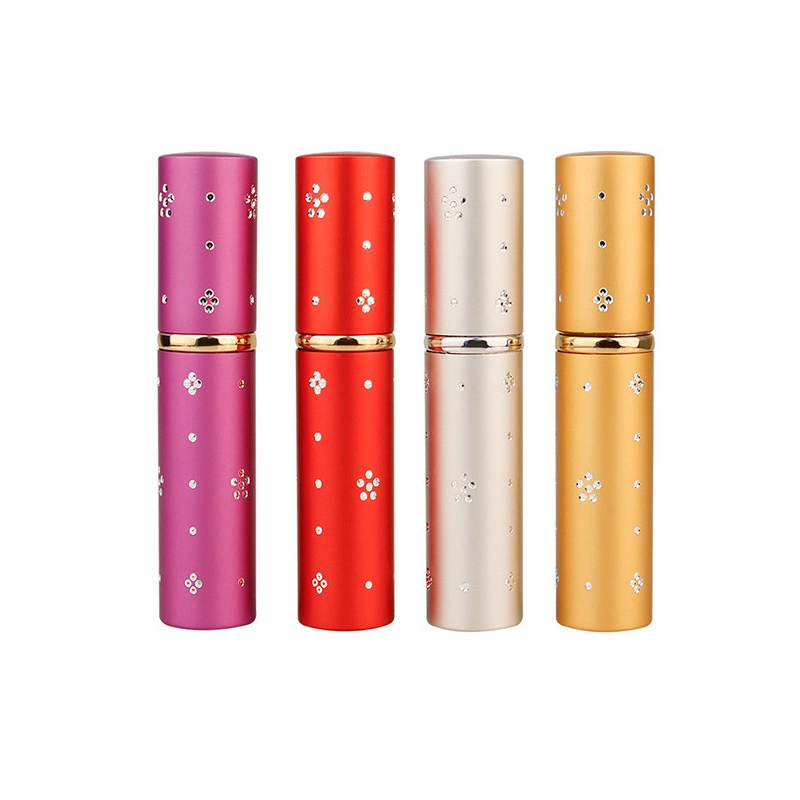
The company serves beauty, herbal, and gourmet food sectors. It emphasizes eco-friendly practices and recycling of glass waste. Certifications in environmental sustainability and food safety help them attract global buyers.
| Company | Founded | Core Products | Industries | Certifications |
|---|---|---|---|---|
| Yemen Glass Factory | 20th Century | Beverage & food bottles | Beverage, Food | Safety & Quality |
| Al-Nasr Packaging | 21st Century | Carbonated & juice bottles | Beverage, Pharma, Cosmetics | Quality Management |
| Sana’a Glass and Containers | Recent | Perfume & gourmet bottles | Cosmetics, Herbal, Food | Environmental Standards |
Part 3: Trade Shows and Industry Events
Yemen International Trade Fair
Yemen International Trade Fair is one of the few platforms where packaging companies can showcase products. Glass bottle producers present solutions for food, beverage, and cosmetic markets.
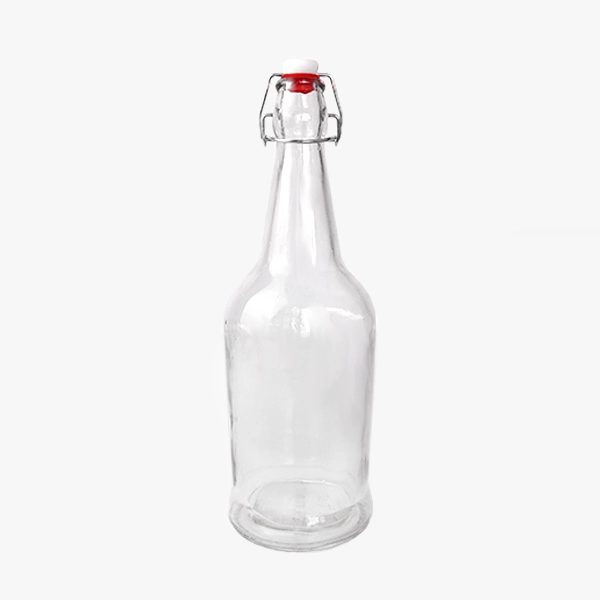
Held in Sana’a, the fair gathers local businesses and regional partners. Highlights include packaging innovations, recycling programs, and new product launches. It remains a critical space for networking.
Middle East Packaging Exhibition
Although not based in Yemen, this regional event in Dubai regularly attracts Yemeni companies. It offers access to new technologies, raw materials, and buyers.
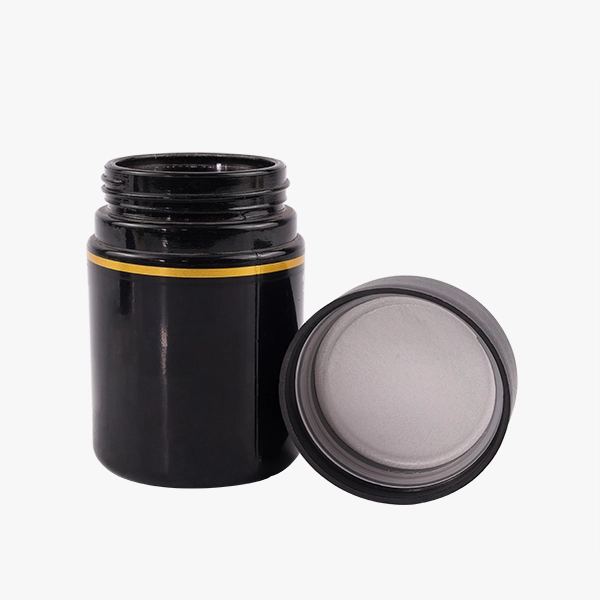
The exhibition’s highlights include eco-friendly packaging and smart designs. Yemeni glass bottle manufacturers join to explore export opportunities and secure supply partnerships. This helps them stay competitive in challenging times.
| Event | Date | Location | Highlights |
|---|---|---|---|
| Yemen International Trade Fair | Annual | Sana’a, Yemen | Packaging showcases, recycling initiatives |
| Middle East Packaging Exhibition | Annual | Dubai, UAE | Eco-packaging, export opportunities |
Part 4: Impact of Global Trade Policies
Global trade policies affect Yemen’s glass bottle industry through access to imports and exports. Restrictions and instability limit access to raw materials and machinery, creating dependence on recycled glass. This situation forces companies to innovate with local resources.
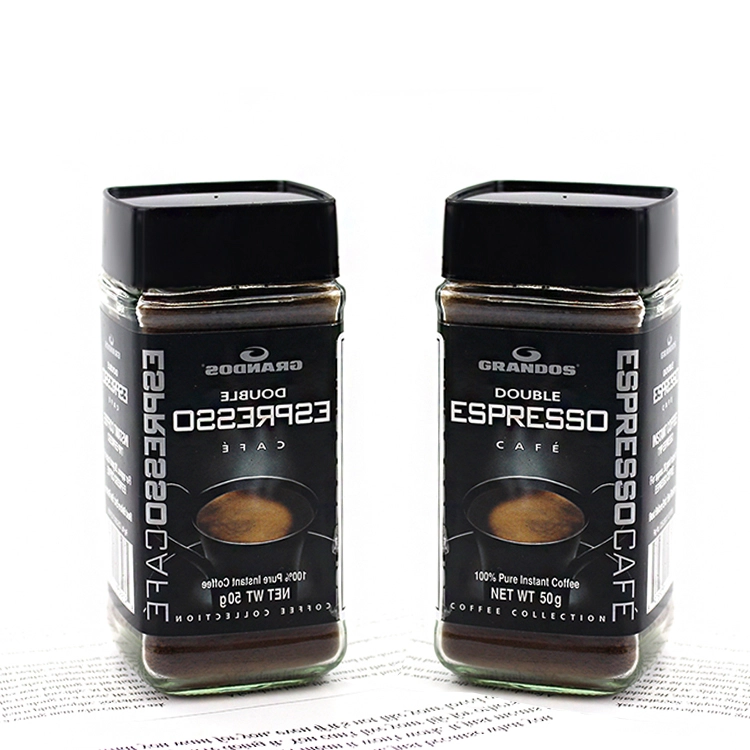
Local substitution policies encourage the use of domestic inputs. However, supply chain risks remain high, with transportation and logistics often disrupted. Regional trade ties with nearby countries help balance challenges. International competition pushes Yemeni companies to focus on cost efficiency and eco-friendly solutions.
Part 5: Conclusion
The Yemeni glass bottle sector continues to serve vital markets despite significant obstacles. Strong demand for beverage, food, and perfume packaging provides a steady foundation. Local companies that emphasize recycling and customization hold opportunities for growth.
Challenges include infrastructure, import restrictions, and logistics risks. Yet, manufacturers who adapt with eco-friendly practices and strategic regional partnerships can secure a place in both local and international markets.
Recommended Reading:
- Glass Bottle Manufacturers in Venezuela
- Glass Bottle Manufacturers in Vatican City
- Glass Bottle Manufacturers in Uzbekistan
- Glass Bottle Manufacturers in Uganda
- Glass Bottle Manufacturers in Qatar
- Glass Bottle Manufacturers in Turkmenistan
- Glass Bottle Manufacturers in Tunisia
- Glass Bottle Manufacturers in Trinidad and Tobago
Custom Luxury Perfume Glass Bottle 30Ml 50Ml 100Ml With Box
Glass Bottles With Flip Top Metal Clasps 12 oz 18 oz
25ml Perfume Bottle With Box
600ml Glass Water Bottles with Straw


